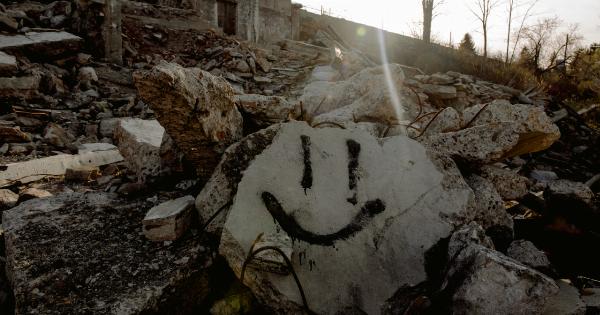When it comes to sunscreen, many people believe that the higher the SPF, the longer it will last on the shelf. However, this isn’t always the case.
Sunscreen has a shelf life, and using expired sunscreen can leave you unprotected from the sun’s harmful rays.
What Does the Expiration Date Mean?
The expiration date on your sunscreen bottle is the date up until which the sunscreen will be effective. After this date, the active ingredients in the sunscreen can break down and degrade, reducing its ability to protect your skin from sun damage.
It’s important to note that the expiration date is only accurate if the sunscreen has been stored properly.
If the sunscreen has been exposed to high temperatures or direct sunlight, it may expire more quickly than the date on the bottle indicates.
How Long Does Sunscreen Last?
The shelf life of sunscreen varies depending on the ingredients and the conditions it’s been stored in. In general, most sunscreens have a shelf life of two to three years from the date of manufacture.
If you’re unsure when you purchased your sunscreen, it’s always a good idea to check the expiration date before applying it to your skin. Using expired sunscreen can leave you vulnerable to sunburn and skin damage.
How to Check Your Sunscreen’s Expiration Date
To check the expiration date of your sunscreen, look for a small symbol of an open jar on the bottle or packaging. This symbol will be followed by a number and the letter “M,” which stands for months.
The number indicates the number of months the sunscreen will be effective after opening.
For example, if the sunscreen bottle has a symbol of an open jar with “12M” next to it, that means the sunscreen will be effective for 12 months after it’s been opened.
How to Store Your Sunscreen
The way you store your sunscreen can have a big impact on its shelf life. Here are some tips to help you store your sunscreen properly:.
- Keep your sunscreen in a cool, dry place.
- Avoid leaving your sunscreen in direct sunlight.
- Don’t store your sunscreen in a hot car or other warm place.
- Don’t freeze your sunscreen.
- Make sure the cap is tightly sealed when not in use.
When to Replace Your Sunscreen
If your sunscreen has passed its expiration date or you’re unsure how old it is, it’s best to replace it. Expired sunscreen may not provide the protection you need, and using it could lead to sunburn, skin damage, and even skin cancer.
You should also replace your sunscreen if it changes in texture or color, or if it starts to smell strange. These are signs that the product has degraded and may not be effective in protecting your skin from the sun.
Sunscreen Tips
In addition to storing and replacing your sunscreen appropriately, here are a few more tips to help you stay protected from the sun:.
- Use a sunscreen with an SPF of at least 30.
- Apply sunscreen generously and reapply every 2 hours, or more often if you’re swimming or sweating.
- Wear protective clothing, such as long-sleeved shirts, pants, and a wide-brimmed hat.
- Avoid direct sunlight during peak hours (usually from 10am to 4pm).
- Stay hydrated by drinking plenty of water.
The Bottom Line
Using sunscreen is essential for protecting your skin from the sun’s harmful rays. To ensure your sunscreen is effective, store it properly and replace it when it’s expired or no longer effective.
By taking these simple steps, you can keep your skin healthy and protect yourself from sun damage.





























